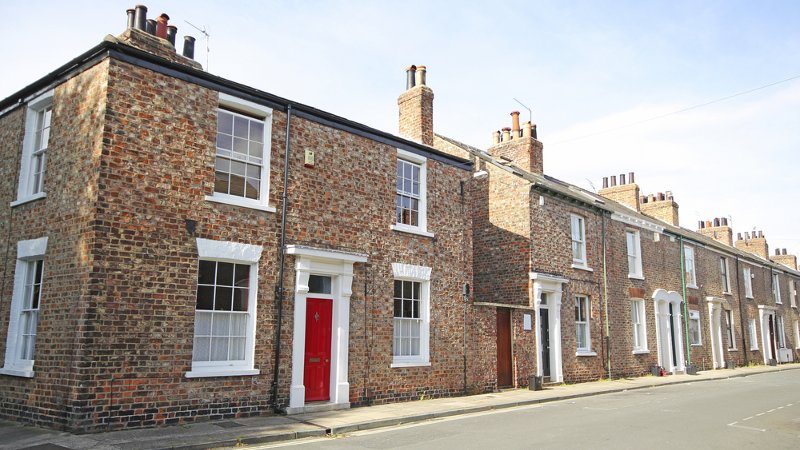Of the nine million under-occupied homes in England in 2017-2018 18, 7.9 million of these were owner occupied.

Over half (54%) of owner-occupied homes in England are under-occupied, meaning they have two or more spare bedrooms, The English Housing Survey from the Ministry of Housing, Communities and Local Government has found.
Of the nine million under-occupied homes in England in 2017-2018 18, 7.9 million of these were owner occupied. Two thirds of homeowners aged 65 plus live in an under-occupied home.
David Burrowes, chairman of the Equity Release Council, said: “With older homeowners less likely to say they expect to move – only 2% of homeowners aged 65 and over – it is important they evaluate all options available to them to provide a more comfortable retirement.
“For example, this includes accessing property wealth to help fund home improvements or adaptations and paying for care support at home, as well as boosting retirement incomes.
“With the UK’s ageing population, falling pensioner incomes and mounting care costs, we are seeing a mindset shift in the way that older homeowners view property wealth in later life.
“To navigate the challenges facing older homeowners as they progress into and through retirement, the incoming government should act to establish a cross-party later life commission and a dedicated minister for the elderly.
“There is also a responsibility on industry and regulators to step up efforts on financial education and product developments.”
Overcrowding is less common among owner occupied households, with 1% living in overcrowded accommodation, compared to 6% of homes in the private rented sector and 8% of homes in the social rented sector.
Owner occupation is the most prevalent tenure in England. Among owner occupiers, there are more households who own their home outright than who own with a mortgage.
In 2017-18, there were an estimated 14.8 million households who either owned their home outright or were buying with a mortgage. This represents 64% of all households.
In addition, more than half (53%) of owner occupiers (and 34% of all households) own their home outright.
In the last 12 months, about one in 10 owner occupiers reported they had rented part or all of their home out using home sharing organisations.
In 2017-18, 11% of owner-occupied households rented out their whole home and 1% rented out part of their home using home sharing organisations.
Renting out their home in this way was most common for owner occupiers in the West Midlands (21%) and London (20%).
In 2017-18, homeowners had, on average, lived in their current home for 17.8 years. By comparison, social renters had lived in their current home for 11.9 years, and private renters for 4.1 years.
Some 4% of owner occupiers expected to move home within the next six months, compared to 6% of social renters and 20% of private renters.
Older homeowners were less likely to say they expected to move: 2% of homeowners aged 65 and over expected to move compared to 7% of those aged 25-34.
The reasons for wanting to move home also varied by age. Younger homeowners generally wanted larger homes with 77% of those aged 25-34 expecting to move wanting a larger house or flat).
On the other hand, older homeowners were more likely to say they expected to move in order to downsize. Some 37% of those aged 55-64 and 32% of those aged 65 and over wanted a smaller house or flat.
While owner occupied homes were less likely to have poor housing conditions than homes in the private rented sector, the social rented sector had the lowest prevalence of poor housing conditions.
In 2017 around 2.8 million (19%) owner occupied homes failed to meet the Decent Homes Standard. Owner occupied homes were more likely to be non-decent than those in the social rented sector (13%), but less likely to be non-decent than homes in the private rented sector (25%).
David Smith, the Residential Landlords Association’s Policy Director, said: “Today’s English Housing Survey dispels the myth that private renting means insecure tenancies and ever increasing costs.
“It shows that renters are spending less of their income on housing, at 33%, down from 34% the previous year and 36% in 2014/15, and are staying in their homes for over four years on average.
“The majority (84%) of private renters also reported being satisfied with their current accommodation, higher than in the social rented sector.”



